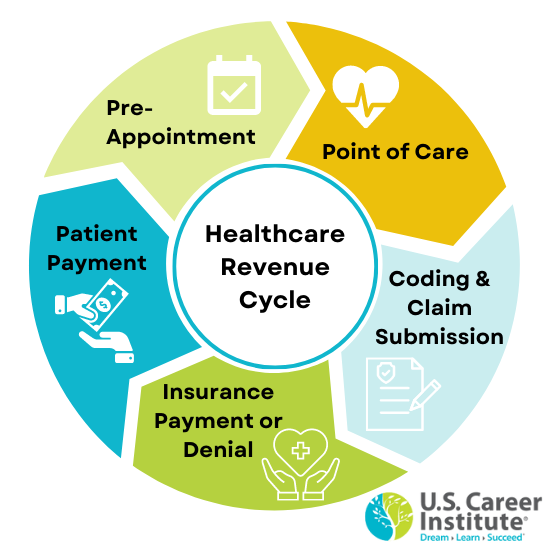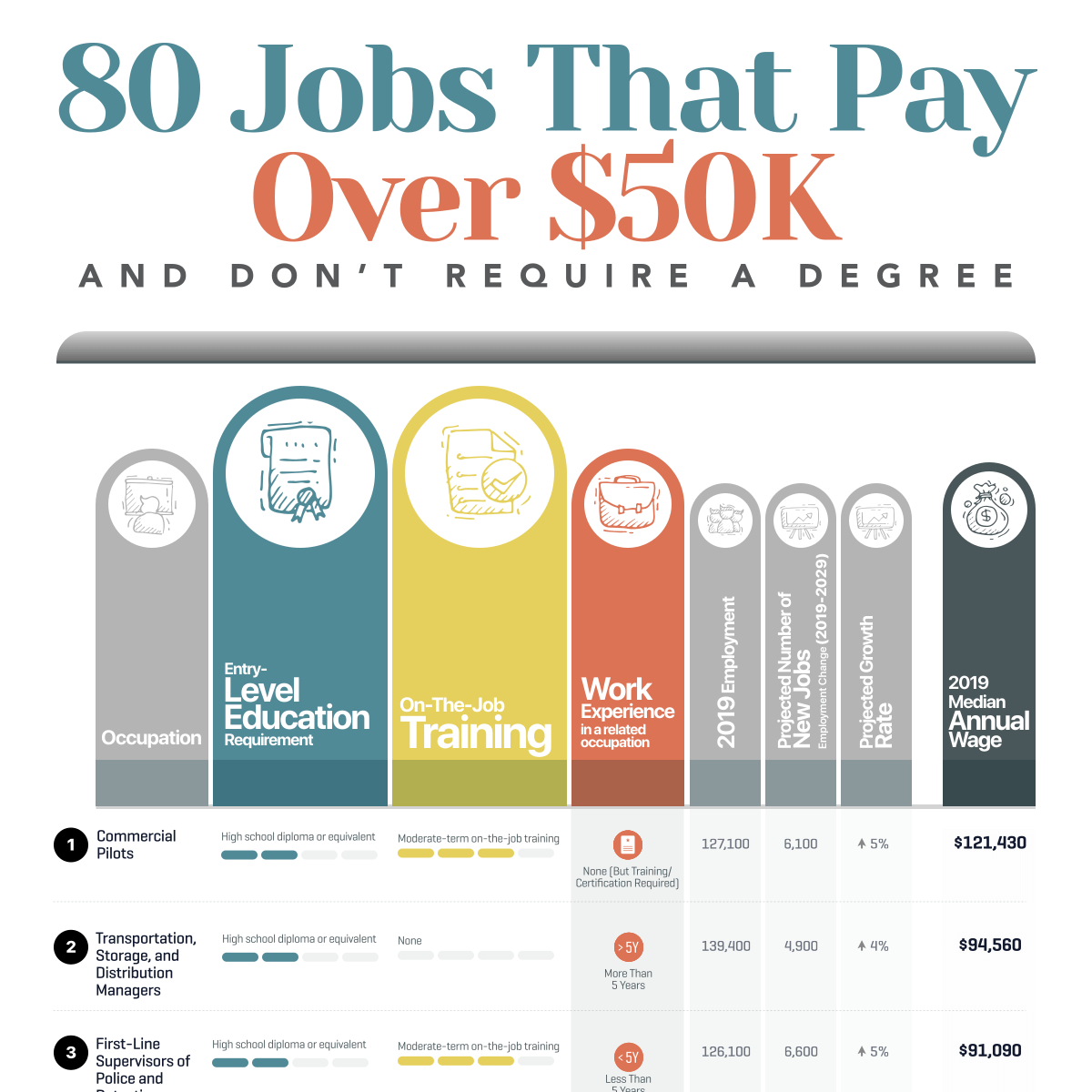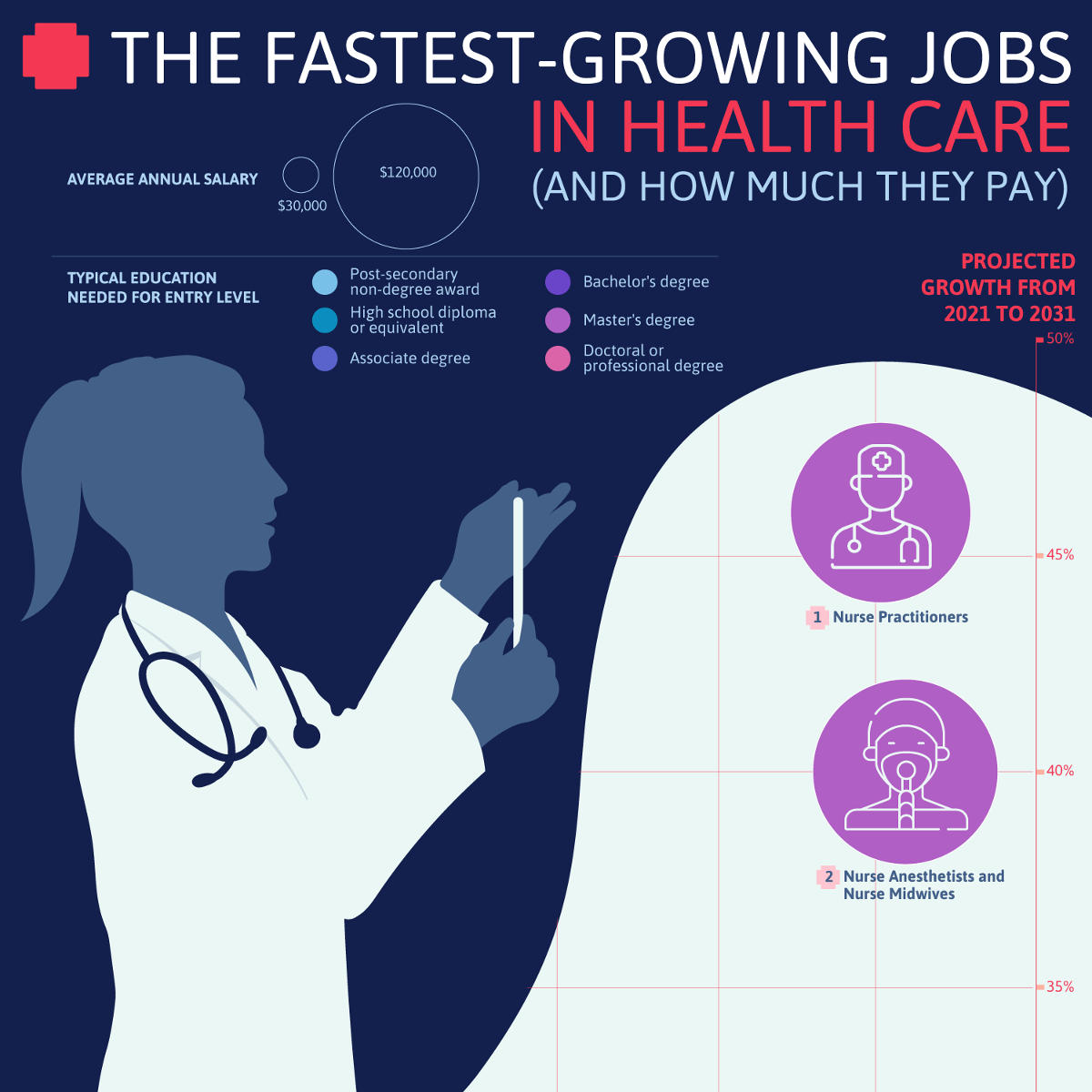
Cynthia Bracy, MPH, RHIA
Medical Office Manager Program Instructor/Course Expert
Meet the Lead Instructor
At U.S. Career Institute, our dedicated team of course experts, instructors and instructor assistants are committed to developing and delivering high-quality curriculum. Our qualified Medical Office Manager instructor Cindy Bracy earned her Master of Public Health Informatics (MPH) degree from the University of Chicago. Cindy holds a certification as a Registered Health Information Administrator (RHIA). She has over 15 years of experience as a medical coder and has worked as a practice management specialist before becoming an instructor for health information management. Cindy is in the process of obtaining her Master of Health Analytics from Northwestern University.








